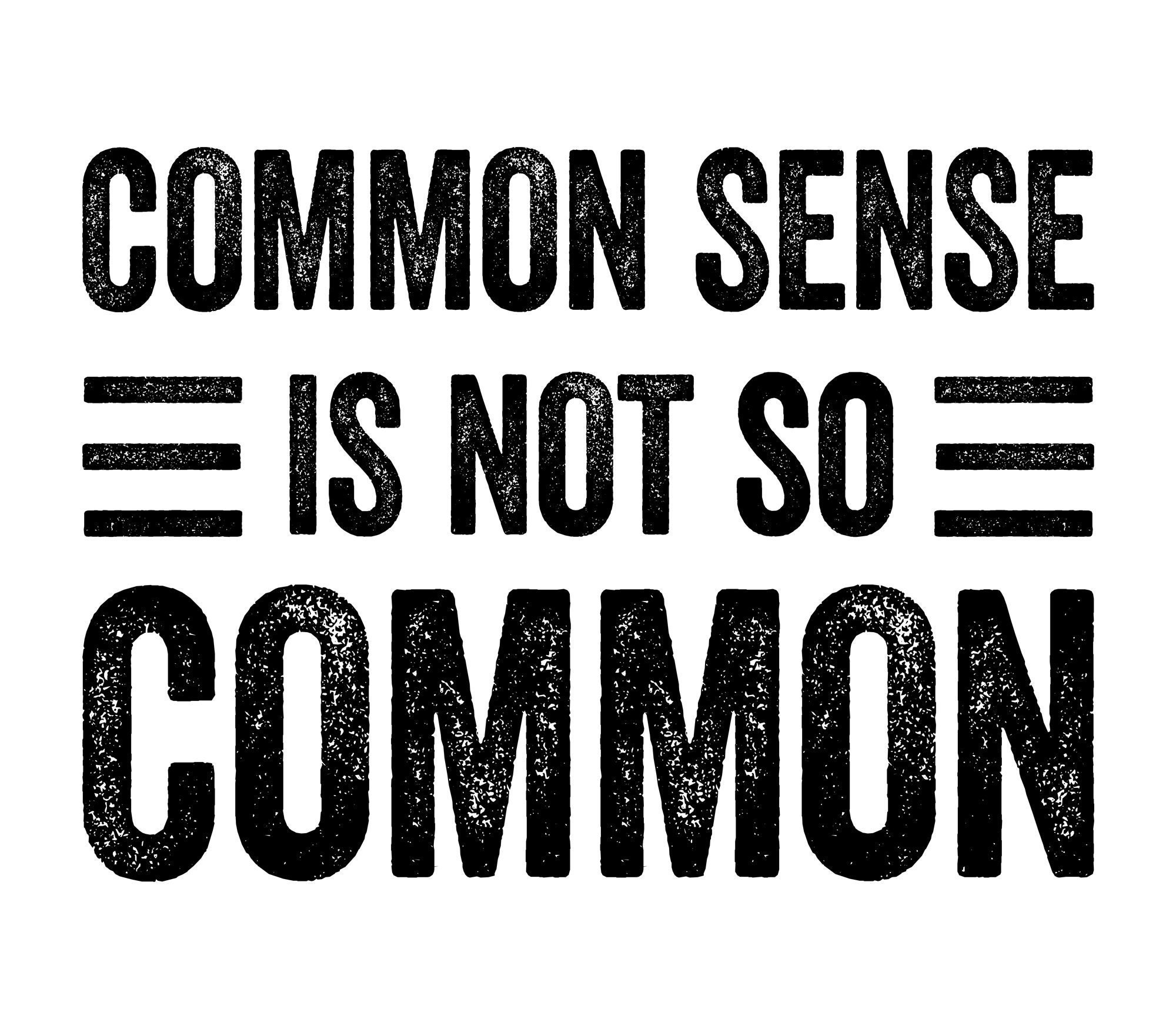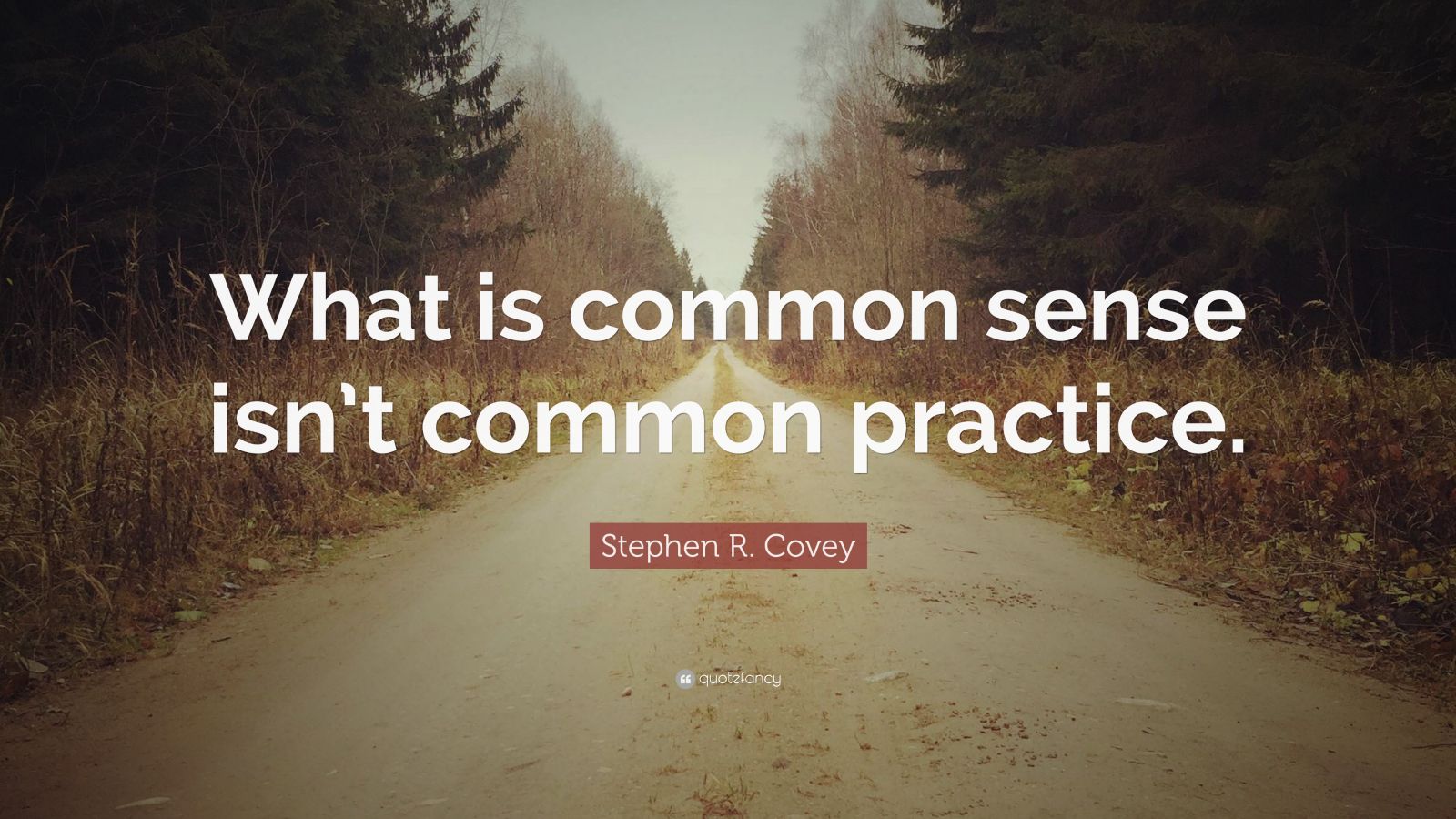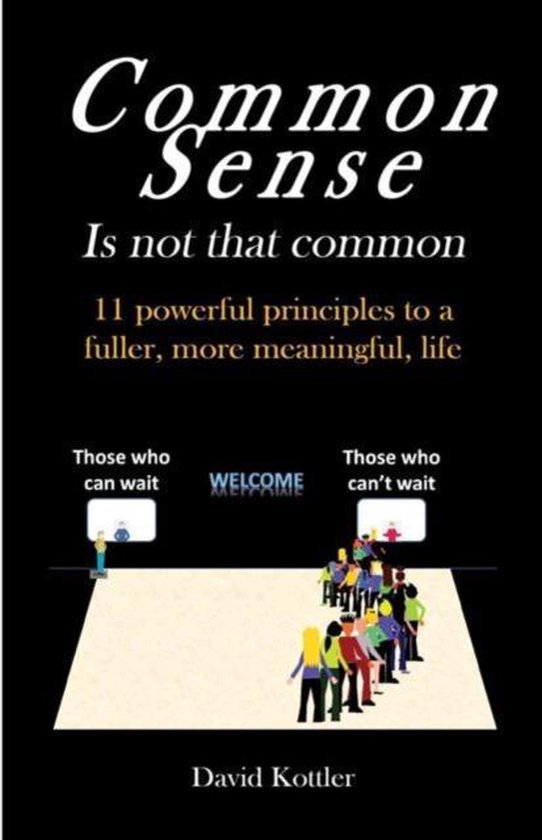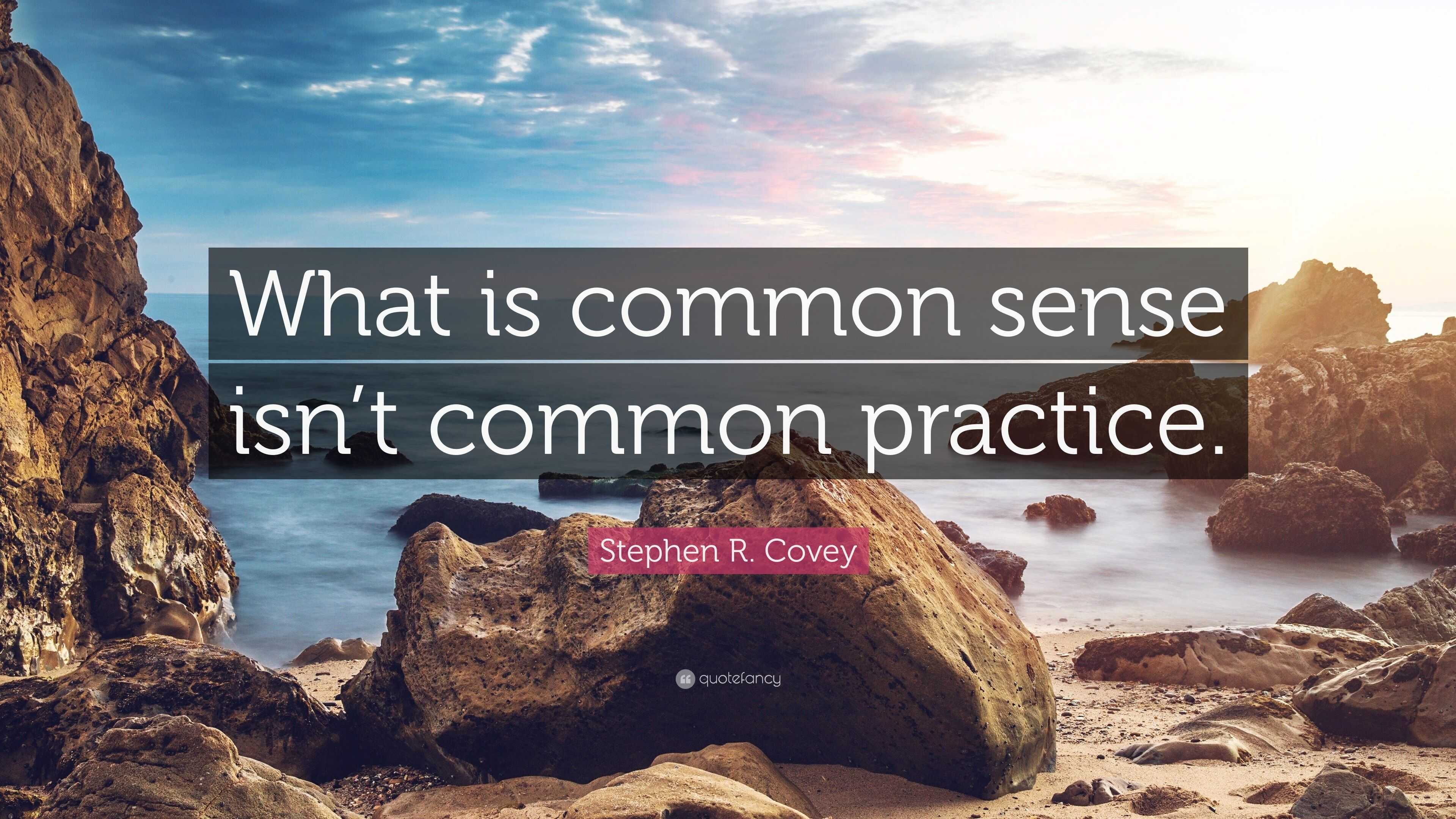Common Sense Is Not That Common

Widespread confusion and alarming misinterpretations of basic safety protocols are surging across the nation, raising concerns about a decline in what is commonly termed "common sense." This phenomenon is not isolated incidents but a pattern impacting various sectors from public health to everyday decision-making.
The consequences are severe, potentially leading to preventable accidents and hindering effective responses to crises. Addressing this decline is critical to safeguarding individual well-being and maintaining social order.
Public Health Missteps
The COVID-19 pandemic exposed a significant deficit in basic understanding of hygiene and disease transmission.
A 2023 study by the National Institutes of Health (NIH) found that nearly 30% of adults surveyed admitted to consistently neglecting handwashing protocols after using public restrooms, despite widespread public health campaigns emphasizing its importance.
Misinformation regarding vaccine safety, fueled by social media, resulted in lower vaccination rates, particularly in vulnerable communities. This has hindered efforts to achieve herd immunity and protect those most at risk.
Traffic Accidents and Risky Behavior
Traffic accident statistics reveal a disturbing trend of drivers engaging in reckless behaviors, seemingly disregarding basic safety precautions.
According to the National Highway Traffic Safety Administration (NHTSA), distracted driving fatalities rose by 12% in 2022, indicating a growing disregard for the dangers of using cell phones while operating a vehicle.
Ignoring traffic signals, speeding, and failure to yield are other common violations contributing to a surge in preventable accidents. These behaviors demonstrate a critical failure in applying common sense risk assessment.
Financial Illiteracy and Poor Decision-Making
Financial institutions are reporting an increase in cases of individuals falling victim to scams and making poor investment choices due to a lack of basic financial literacy.
The Federal Trade Commission (FTC) reported a 40% increase in fraud reports in 2023, with many victims falling prey to simple phishing schemes and investment scams.
This points to a lack of understanding of basic financial principles and a failure to critically evaluate information before making decisions, creating financial instability for families. The AARP's Fraud Watch Network can provide more information regarding the rise in scams.
Environmental Negligence and Resource Waste
Instances of environmental negligence, such as improper waste disposal and disregard for resource conservation, suggest a decline in awareness and responsibility towards the environment.
Local environmental agencies have reported increases in illegal dumping and improper recycling, indicating a failure to understand the consequences of these actions on local ecosystems. Ignoring conservation efforts also demonstrates a lack of foresight.
A 2022 report from the Environmental Protection Agency (EPA) found that only 9% of plastics are actually recycled, highlighting a disconnect between awareness and action regarding responsible waste management.
Addressing the Crisis
Combating this decline in common sense requires a multifaceted approach, focusing on education, awareness campaigns, and promoting critical thinking skills.
Schools should prioritize teaching practical life skills and critical thinking, ensuring students can evaluate information and make informed decisions. Public awareness campaigns can effectively target specific issues, such as road safety and financial literacy.
Community initiatives and educational programs should focus on promoting responsible behavior and fostering a culture of critical thought. The American Psychological Association have great resources about how to teach critical thinking.
"We must prioritize fostering critical thinking skills and promoting responsible decision-making in all aspects of life," said Dr. Emily Carter, a cognitive psychologist at the University of California, Berkeley.
Failure to address this issue will continue to have significant social and economic consequences. Further research is needed to understand the root causes of this decline and develop effective interventions.
Ongoing monitoring and evaluation of implemented strategies are crucial to ensure their effectiveness and adapt to changing societal needs. Increased media literacy and understanding logical fallacies are important skills to develop.













![Common Sense Is Not That Common "Common Sense is NOT THAT [COMMON]" Poster for Sale by oohk-space](https://ih1.redbubble.net/image.3590309528.5970/poster,504x498,f8f8f8-pad,600x600,f8f8f8.jpg)




